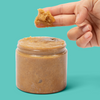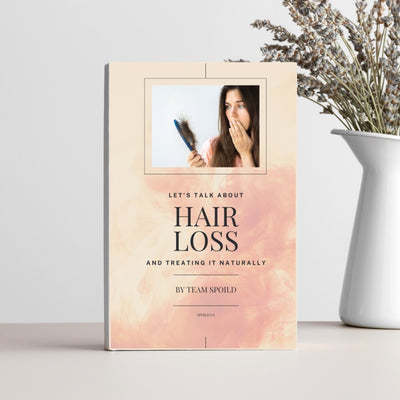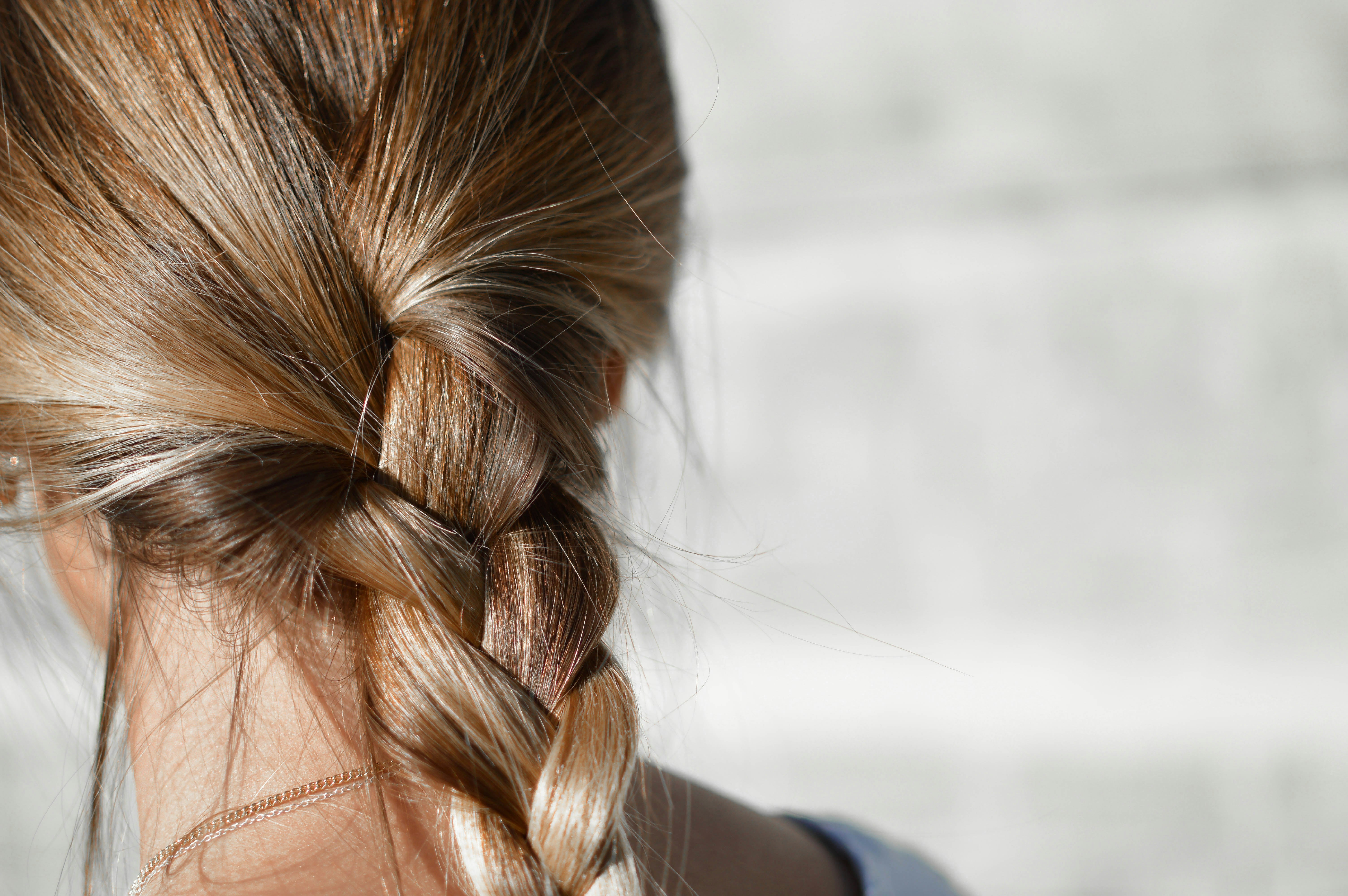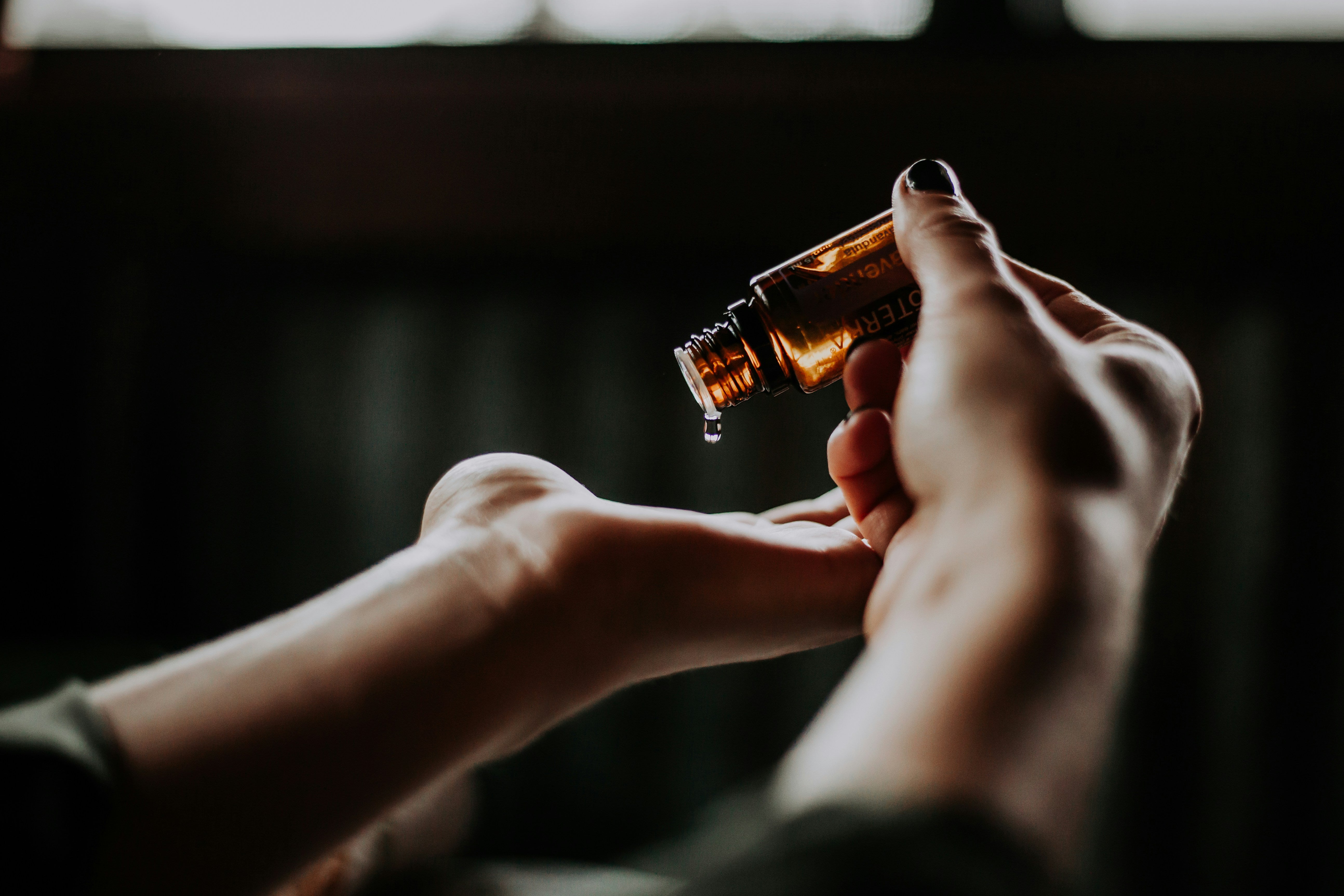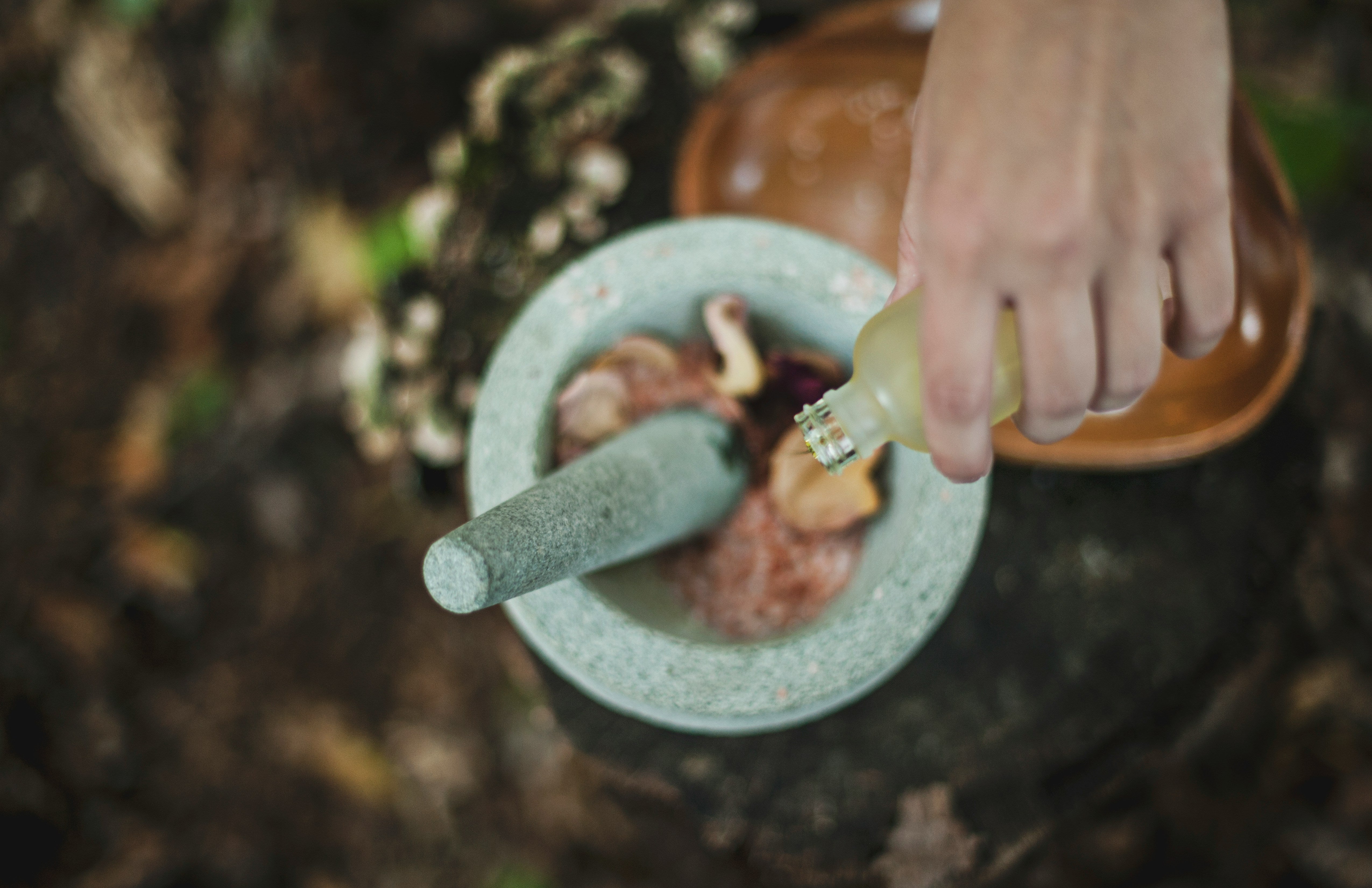Can You Eat Batana Oil?
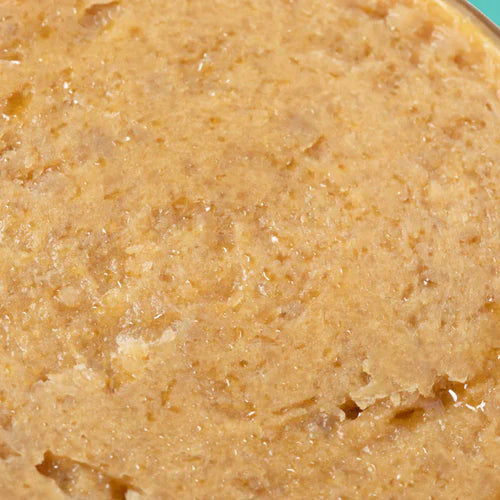
From batana oil for hair growth to the batana oil benefits for skin, you’ve probably heard all about the power this versatile oil has to offer. It’s an excellent natural addition to your skin or haircare regimen.
While typically used topically, you may be wondering - can you eat batana oil? More specifically, how do you eat batana oil? We’ll cover everything you need to know here in this guide. Technically, yes - you can eat batana oil. Whether you should eat batana oil is another story.
You’ll get plenty of nutrients like oleic and linoleic acids along with vitamin E. These may deliver anti-inflammatory effects and support immune health. However, the real benefits of batana oil come from direct application to where you need the oil's properties most.
Maybe that’s the scalp, or perhaps it’s the skin. It could even be your beard! Whatever the case, we recommend learning how to use batana oil transdermally instead.
No matter how you intend to use it, though, you need to make sure you’re using the best batana oil you can get your hands on. Look no further than Spoild. Shop our pure, ethically sourced batana oil today and join 40,000 happy customers and counting!
The Basics of Batana Oil
So where does batana oil come from, and what makes it a great addition to your regimen? This golden nectar is derived from nut of the Elaeis oleifera, also known as the American oil palm.
It’s been a well-kept secret of the indigenous Miskito people of Central America for centuries. It’s no wonder they’re known as the “Tawira” or “people of beautiful hair.” They’ve long relied on batana oil to maintain their famously lustrous hair and healthy skin.
But today, the oil’s transformative properties are relied on around the world. It has a dense concentration of essential fatty acids, vitamin E, and minerals. All of these work in synergy to address a variety of concerns, from hair thinning to dry skin. Here are some common uses:
- Hair Health: Batana oil nourishes hair follicles, promoting thicker, stronger, and shinier hair. It’s especially effective for those struggling with dry or brittle strands, hair thinning, or scalp issues.
- Scalp Care: The oil’s anti-inflammatory and moisturizing properties help soothe itchy, irritated scalps, reducing dandruff and creating a healthy foundation for hair growth.
- Skin Hydration: Batana oil deeply hydrates and revitalizes dry, flaky skin, improving elasticity and texture. It’s also used to reduce the appearance of scars and stretch marks.
- Beard Grooming: Men use batana oil for beard to soften hair while nourishing the underlying skin.
The kicker is that batana oil is 100% natural, derived straight from Mother Nature. This makes it a great replacement for traditional beauty products loaded in synthetic compounds that can often cause more harm than good.
That being said, can you eat batana oil to harness its potential throughout the entire body?
Can You Eat Batana Oil?
Most cases of batana oil in hair and beauty routine involve direct transdermal application - meaning it’s applied to the skin, scalp, and sometimes, the hair strands themselves. But can you eat batana oil?
Technically, it falls under the same umbrella as other edible oils like palm or coconut oil. So yes, it can be consumed orally. Ingesting it delivers essential fatty acids, antioxidants like vitamin E, and a variety of beneficial minerals.
In theory, these could provide similar anti-inflammatory benefits internally as they do externally. The problem is we have very little research on the safety or efficacy of consuming batana oil orally.
Plus, the vast majority of batana oil products are designed for one purpose only: transdermally application. The processing methods and purity levels of batana oil intended for cosmetic use may not meet the safety standards required for consumption.
Of course, this isn’t as much of a concern if you’re sourcing 100% pure batana oil, which is always our recommendation regardless of intended use.
That being said, many brands cut corners given how difficult it is to source real batana oil ethically and sustainably. These companies use additives or are processed using non-food-grade techniques to save money.
There’s no telling the sort of batana oil side effects users could be exposed to from ingesting low-quality batana oil - which is why ultimately, we recommend sticking with topical application. That being said, how do you eat batana oil if you decide to try it?
How Do You Eat Batana Oil?
First and foremost, you need to make sure you’re consuming food-grade batana oil free of additives. It must be processed using safe, edible-grade methods. That being said, here’s how to make batana oil a part of your culinary explorations.
As a Cooking Oil
Batana oil can be used similarly to palm or coconut oil as a cooking medium. Its high content of essential fatty acids may make it suitable for low to medium-heat cooking like sautéing vegetables or preparing light stir-fries.
Just be aware that high-heat applications should be avoided unless the oil’s smoke point is clearly labeled as safe for such use. It’s also important to note that some of the beneficial compounds may be compromised when exposed to heat, negating possible therapeutic effects.
In Dressings or Toppings
If you prefer to keep things raw and nutrient-packed, edible batana oil could be used as a finishing oil. Drizzle it over salads, roasted vegetables, or even as a topping for soups or grain bowls.
This preserves its nutritional properties, including antioxidants and essential fatty acids, which may degrade when exposed to heat - so you don’t have to worry about defeating the purpose.
In Smoothies or Beverages
Consider adding a small amount of edible batana oil to smoothies, herbal teas, or even coffee for a wellness boost. Much like other oils added to beverages (coconut or MCT oil), it serves a dual purpose of enhancing creaminess while delivering its potential health benefits.
As a Supplement
You could also consume batana oil in controlled quantities just as you would other nutritional oils like flaxseed or fish oil. Start with a small amount, such as a teaspoon, and observe how your body reacts before incorporating it more regularly.
Choosing the Right Batana Oil to Eat
We’ve stressed the importance of choosing the right batana oil to eat throughout this guide, because the quality and purity dictate both benefits and safety. This applies to batana oil that is used topically, too. Here’s what you need to know about sourcing batana oil.
Importance of Purity and Quality
You’re probably aware at this point that the oil must be free from additives, chemicals, or artificial preservatives that could harm your health. But why is purity and quality so important?
Simple - these factors influence the concentration of essential fatty acids and antioxidants you’re getting, which are where the benefits are derived from. Without them, you’re just consuming oil for no reason.
Worse, batana oil sourced through subpar methods could expose you to side effects and more serious health complications. The oil should be cold-pressed and unrefined.
Identifying Food-Grade Batana Oil
Keep in mind that the vast majority of batana oil products on the market are specifically designed for external use, and may contain ingredients or processing residues that make them unsafe to eat.
This is why you need to do your due diligence to confirm you’re choosing food-grade batana oil. See if the product has been labeled as “safe for culinary use,” or explicitly states “avoid ingestion.”
Check for certifications, such as organic standards or food safety testing, which indicate the product has been processed with human consumption in mind. The brand should be transparent about its sourcing and extraction standards.
There’s a lot to consider, and the harsh reality is that most batana oil is going to fall short of expectations given how difficult it is to source it ethically and sustainably. The good news? Your search for the best batana oil to eat or apply topically ends here at Spoild.
Get the Best Quality Batana Oil at Spoild
Our batana oil has helped more than 40,000 customers and counting take control of their hair and skin health, and it can do the same for you. It’s ethically sourced and unaltered - just 100% pure batana oil straight from the rainforests of Honduras.
You can shop with confidence and use our batana oil with peace of mind knowing you’re getting the safe, effective quality you deserve.
But as we’ve said throughout this guide, batana oil is meant to be applied topically. Ours is no exception. That’s the way we recommend using our product. So, let’s walk you through best practices for application below.
Better Ways to Use Batana Oil for Skin or Hair Care
The primary reason topical application is the way to go is because you can deliver batana oil’s essential fatty acids, antioxidants, and vitamins right to where they’re needed most.
Maybe that’s a portion of your scalp experiencing irritation or thinning hair. Or, perhaps it’s stretch marks on your belly from bringing new life into this world. Whatever the case, here are some tips on making the most of batana oil.
Applying Batana Oil for Hair
Minimizing inflammation and maximizing blood circulation are two of the most important factors influencing hair growth. That’s why batana oil is such a powerful remedy against hair loss and other scalp concerns.
Massage a small amount of warmed batana oil into your scalp to improve circulation and provide deep hydration. You can then apply batana oil along the length of your hair to repair split ends, add shine, and restore softness.
You may be wondering, can you leave batana oil in your hair? That’s one option, OR you can just let it sit for 20-30 minutes before washing it out with a gentle shampoo. Leave-in is best for overnight use but can lead to build-up over time.
Using Batana Oil for Skin
Batana oil is perfect for breathing fresh life into dry, flaky skin. Massage it onto trouble areas like elbows, knees, or hands for long-lasting moisture.
Meanwhile, its regenerative properties can help fade scars and reduce the appearance of stretch marks over time with consistent use.
You could even use it as an anti-aging solution. Apply it to your face as part of your nighttime routine to improve skin elasticity and minimize fine lines and wrinkles.
Parting Thoughts on Eating Batana Oil
So, can you eat batana oil? Hopefully this guide has left you with a clear understanding of the concept of ingesting batana oil - and why it’s not the optimal approach for those trying to harness its hair and skin benefits.
On the other hand, external application brings targeted benefits where they’re needed most without the uncertainties of ingestion. This is our recommendation.
Our blog has more resources on topics like how often to use batana oil, batana oil vs rosemary oil, batana oil vs castor oil, ojon oil vs batana oil, batana oil male pattern baldness, batana oil vs minoxidil, batana oil for alopecia, batana oil vs coconut oil, batana oil smell, batana oil for grey hair, and how long for batana oil to work.
Otherwise, it’s time to treat your hair and skin to the best with Spoild’s authentic batana oil. Discover the difference pure batana oil can make when applied topically today!
